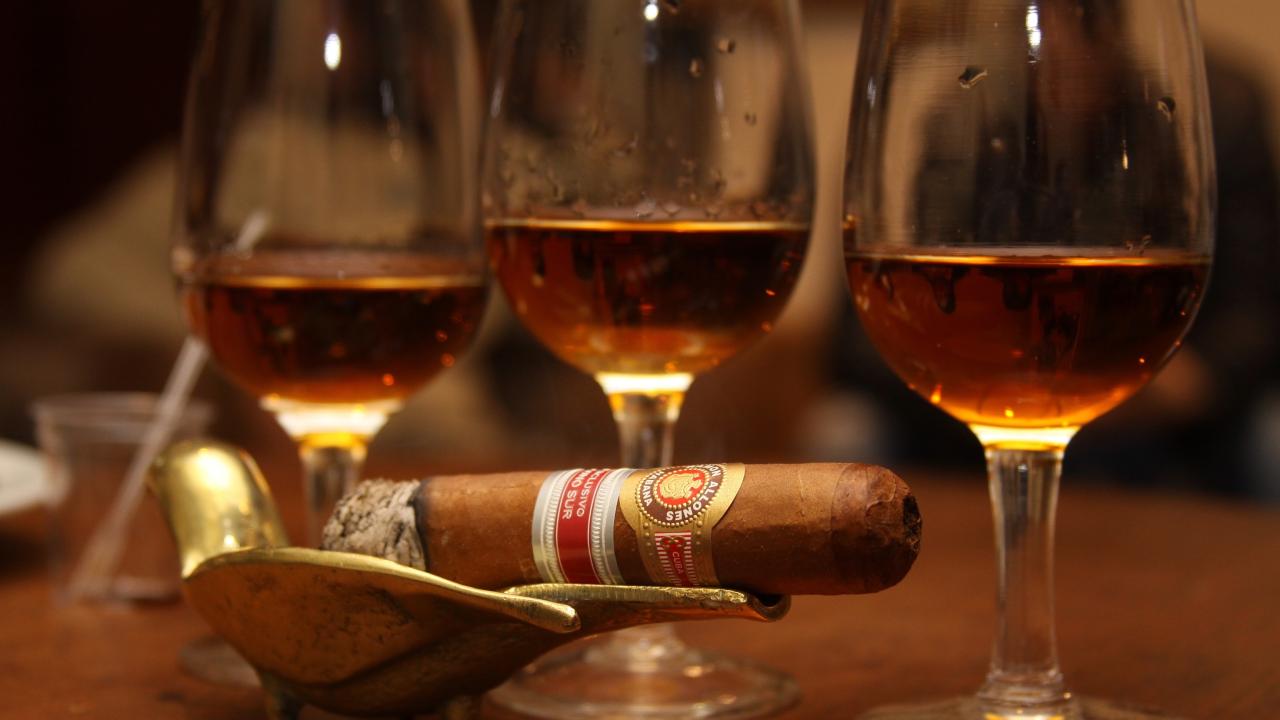It might seem appropriate as a developmental strategy for Castroism to have doubled (much more if we take into account the depreciation of the peso) the tariff on the import of alcoholic beverages and tobacco in order to, according to the Official Gazette, protect "national production in those areas."
After all, properly focused and applied industrial protection policies can enhance development, as shown by South Korea, Japan and Germany. If these policies are conceptualized and applied incorrectly, however, they become a great burden giving rise to pernicious dynamics that are very difficult to redress, even in the long term, given the deep-rooted interests generated amongst politicians and businessmen, as has happened in Argentina and India.
Cuba —a free Cuba— could and perhaps should apply tariff protectionism in industries such as steel or pharmaceuticals (if it is believed that they will be able to compete internationally) given the immense capital that establishment of these facilities require, the novelty of their existence on the island, and the lack of any competitive advantage within their value circuit. But, protecting alcohol and tobacco?
The production of alcohol and tobacco in the largest of the Antilles is steeped in five centuries of tradition and experience, having garnered top rankings for their quality and share of the world market thanks to Cuba's geographical, orographic, climatic, geotechnical and demographic conditions, which still give it major competitive advantages over other producers, which has justified and facilitated its specialization in these areas.
If now, after more than 500 years of accumulated experience, and with evident and proven advantages for that production, Cuban alcohols and tobaccos need the Government to protect them, this means that these industries have been bungled, as it should be other countries that should be protecting themselves from Cuban exports.
It is sad that this renewed tariff-based protectionism is a symptom of the decline in production of the country's two most important finished goods...but the worst thing is that this protectionism is bad policy. Far from protecting these industries, this policy condemns them to further degradation, because if there is anything worse than the fact that Cuba today is producing just 36% of the tobacco it did in 1958, it is repeating the causes of that debacle, now adding tariff protection that undermines rather than stimulates producers' will to excel.
Guaranteeing a Cuban industry the domestic market through tariff barriers that artificially undercut external competition does not foster much-needed and essential improvement based on innovation, the only thing that, in today's globalized economy, spells the difference between expanding or dying.
If today Cubans prefer to drink foreign beers rather than domestic ones it is because their quality-price-availability ratio surpasses local ones. The same applies to cigarettes and tobaccos that, via Panama, flood the stands that distribute nicotine throughout Havana. The only way to really reverse this trend is to improve the nation's products through innovation, not to make foreign ones more expensive.
It is no secret that the inability to compete on equal terms with producers from other countries, even when it comes to Cuba's oldest export industries (sugar and livestock have already been wiped out) has only one cause: state monopolies, socialism, Castroism, Fidelism... in short, malice. The solution will only come, then, from moving in the opposite direction.
It is clear that, aside from the regime's eagerness to collect money (tariffs represent 14% of the State's revenue), this increase in Castro's protectionism is not aimed at protecting national industry, for which these quintupled tariffs are useless, as its only and obvious salvation would come from the privatization of the entire production, transport, storage, processing and marketing process, where there is no progress.
Castroism, as always, is prioritizing its interests over those of the nation. In this case it is struggling to protect its tobacco stands and to maintain its fierce persecution of the "illegal" spirits trade, more relentless than the one that for three centuries led to intense contraband in southeastern Cuba.
Cuba was once a world leader in the export of sugar cane and beef, and now has neither; through these tariffs what Castroism seeks to avert is a similar fate, with Cuba going from a renowned exporter to a net importer of alcohol and tobacco products. Are they actually embarrassed, or is it just the lost revenue that pains them?
Opinion
Cuban rum and tobacco: from the best in the world to needing protection
If after 500 years of tradition Cuba's rum and tobacco now need the government to protect them, something has been truly botched.

Sin comentarios
Necesita crear una cuenta de usuario o iniciar sesión para comentar.